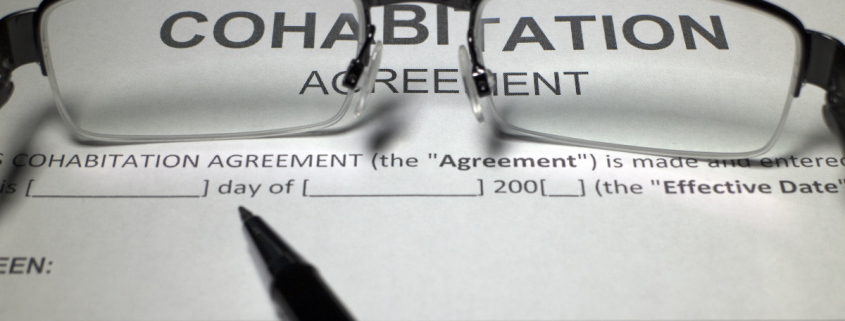What Is A Cohabitation Agreement And Why Are They So
When you get married, you enter into a legal partnership with your spouse and all of your assets are considered to be joined. In the event of a divorce, those assets will be divided up between you, and your spouse may have rights to some of your personal assets and savings. But how does it work if you are not married but you live together?
A lot of people think that there is such a thing as a ‘common law marriage,’ which means that even if you are not legally married, you are entitled to your partner’s assets in the event of a breakup. However, that is not the case in the UK and there is no such thing as a ‘common law marriage.’
The law is changing and in long-term relationships where people are cohabiting, there is a chance that your partner may have a claim to some of your assets, even if that was never agreed between the two of you. But the situation is not as clear cut as it is in a marriage and it can often lead to lengthy legal battles. When children are involved the whole situation gets even more complicated.
This poses a big problem because attitudes towards marriage and children are changing. In the past, it was assumed that you would be married before living together and having children but that is no longer the case. The majority of couples live together before getting married and many people are not interested in marriage at all, but they still want children.
In a marriage, you can protect your assets by using a prenuptial agreement before the wedding. This outlines how assets will be divided and protects personal assets so they are exempt in any discussions about finances during a divorce. Unfortunately, many cohabiting couples do not have the same protection.
A cohabitation agreement is designed to solve this problem and make sure that both parties are protected. You can speak with family law solicitors about a cohabitation agreement before or after you move in together, and if you are living with a partner, you should seriously consider it. Both parties sit down together and discuss how they want to divide their assets if the relationship breaks down and which assets they would like to be protected. Once the details are worked out, a written agreement will be created.
Many people don’t like the idea of discussing the end of their relationship, especially when they are moving in together and starting a new chapter. But even if things are going brilliantly right now, you never know what is going to happen in the future. Putting a cohabitation agreement in place gives you the same protection as a prenuptial agreement, so if the relationship does end, you can avoid a lengthy legal battle.
As attitudes towards marriage and cohabitation change and more couples move in together for long periods with getting married, these kinds of agreements become increasingly important. So, if you are living with a partner, you should seriously consider contacting a family law specialist.
Hi, I'm Emma and I'm MyBump2aby's family law, protection and financial editor. I'm passionate about better-informing parents on their choices when it comes to family law and family protection and financial matters.

















